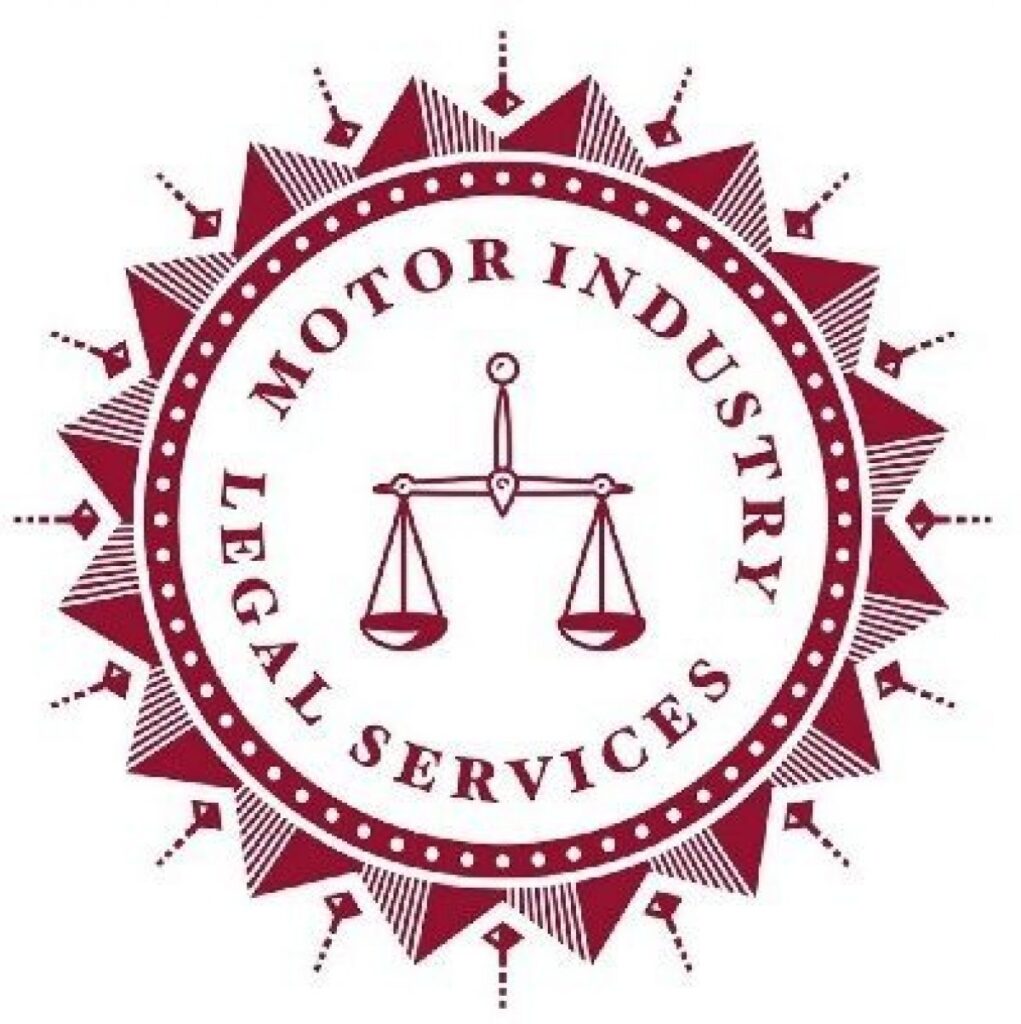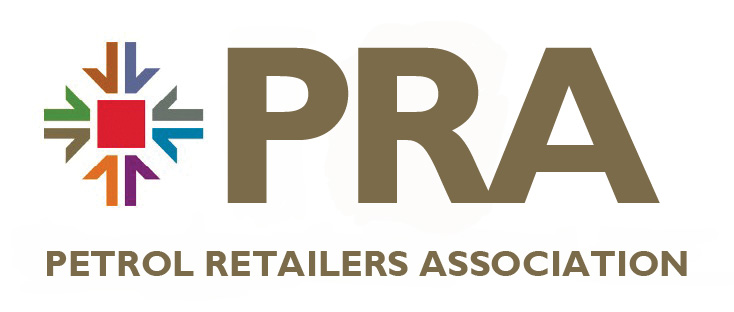[vc_row type=”in_container” full_screen_row_position=”middle” column_margin=”default” scene_position=”center” text_color=”dark” text_align=”left” overlay_strength=”0.3″ shape_divider_position=”bottom” bg_image_animation=”none”][vc_column column_padding=”no-extra-padding” column_padding_position=”all” background_color_opacity=”1″ background_hover_color_opacity=”1″ column_link_target=”_self” column_shadow=”none” column_border_radius=”none” width=”1/1″ tablet_width_inherit=”default” tablet_text_alignment=”default” phone_text_alignment=”default” overlay_strength=”0.3″ column_border_width=”none” column_border_style=”solid” bg_image_animation=”none”][vc_row_inner column_margin=”default” text_align=”left”][vc_column_inner column_padding=”no-extra-padding” column_padding_position=”all” background_color_opacity=”1″ background_hover_color_opacity=”1″ column_shadow=”none” column_border_radius=”none” column_link_target=”_self” width=”1/1″ tablet_width_inherit=”default” overlay_strength=”0.3″ column_border_width=”none” column_border_style=”solid” bg_image_animation=”none”][vc_column_text]“I have recently replaced a vehicles brake discs as part of a service but the customer is still having problems braking and it now needs new callipers. The customer is telling me that I must do it for free as I did not repair his vehicle?”
It is not uncommon that Consumers will expect a repair to fix the entire problem, and generally speaking they are likely to be right. As always though reality is a bit more complicated.
The first thing we need to consider is why the additional work is required and what you were asked to do. If the work is required because you have fitted the brake discs incorrectly then you will be liable for the repair work that flows from what you have done wrong.
If the customer asked you to replace his brake discs, then provided you have done the work correctly and with a reasonable level of care and skill you are not in breach of the contract. You did not diagnose the work required or recommend the work and as such there is no liability to do any work at all, even if the brake callipers do need replacing.
It gets more difficulty where you have been asked to diagnose the fault; or where the issue is obviously not the brake discs and you did not draw this to the consumer’s attention. In addition to doing the work as agreed and with a reasonable level of care and skill, you also have a duty to diagnose any faults with a reasonable level of care and skill. This does not mean you must be right first time every time. Where a repair or diagnosis would follow a logical and reasonable step then the fact that you have followed that process and the issue is more complicated, then there is no a breach of contract: You re not responsible for the state of the vehicle.
Taking the above example. The brakes may be fading for many reasons. If there is no evidence of a faulty calliper, the brake pads were still serviceable and the discs appeared pitted and worn then a reasonable mechanic would not incur the significant cost of replacing callipers. Where it then turns out that the callipers were the cause of the fault, or even part of the cause then whilst more work is required this is not because of any wrongdoing on your part.
Conclusion
Repairing and diagnosing a vehicle is one of the riskier activities a garage can undertake. However, provided you accurately inform and advise your client, and keep a record of the same. You should be able to deal with most complaints.
As always, this advice is general in nature and will need to be tailored to any one particular situation. As an RMI member you have access to the RMI Legal advice line, as well as a number of industry experts for your assistance. Should you find yourself in the situation above, contact us at any stage for advice and assistance as appropriate.
Motor Industry Legal Services
Motor Industry Legal Services (MILS Legal Ltd) provides fully comprehensive legal advice and representation to UK motor retailers for one annual fee. It is the only law firm in the UK which specialises in motor law and motor trade law. MILS currently advises over 1,000 individual businesses within the sector as well as the Retail Motor Industry Federation (RMI) and its members.[/vc_column_text][/vc_column_inner][/vc_row_inner][/vc_column][/vc_row]









